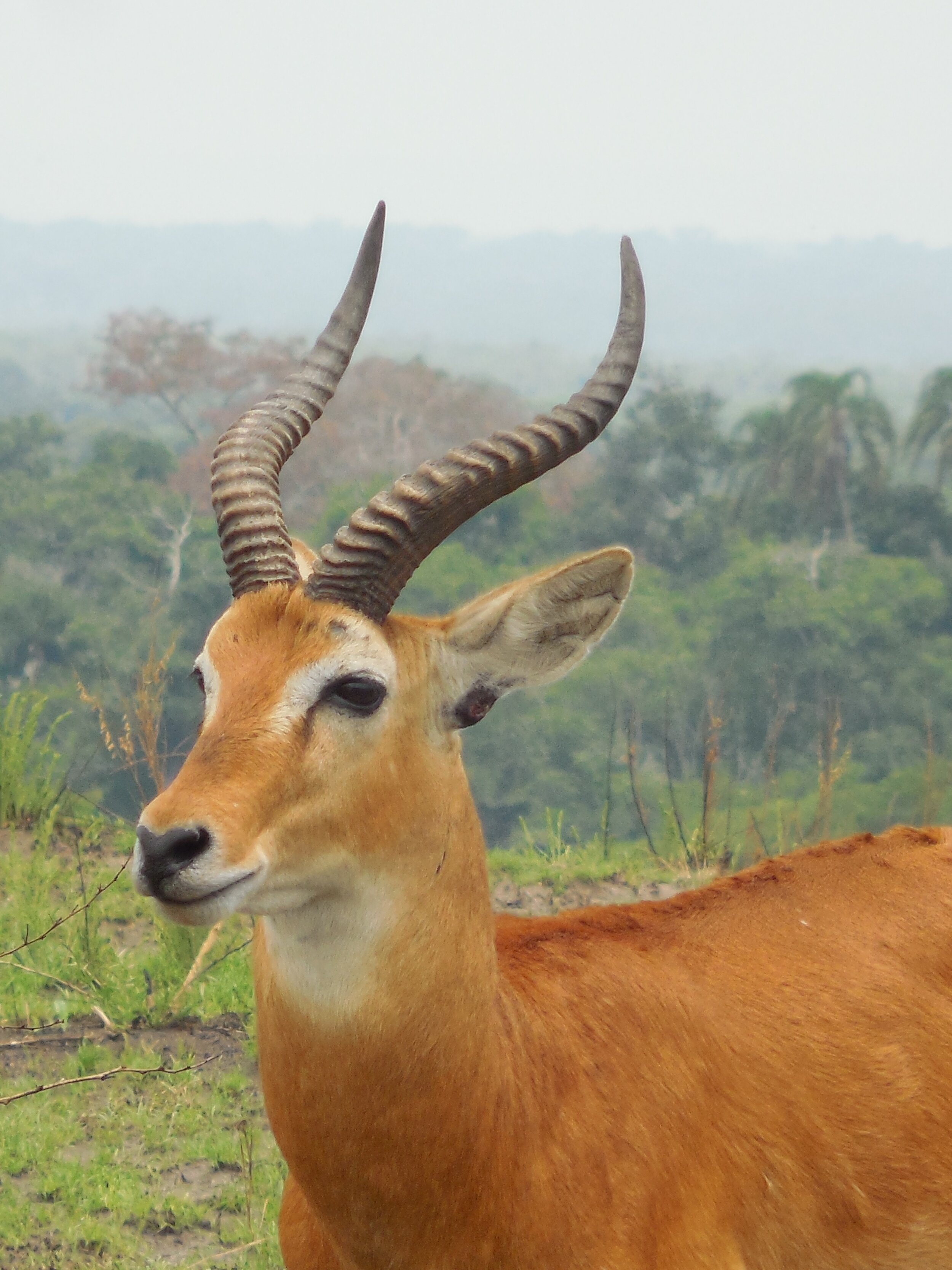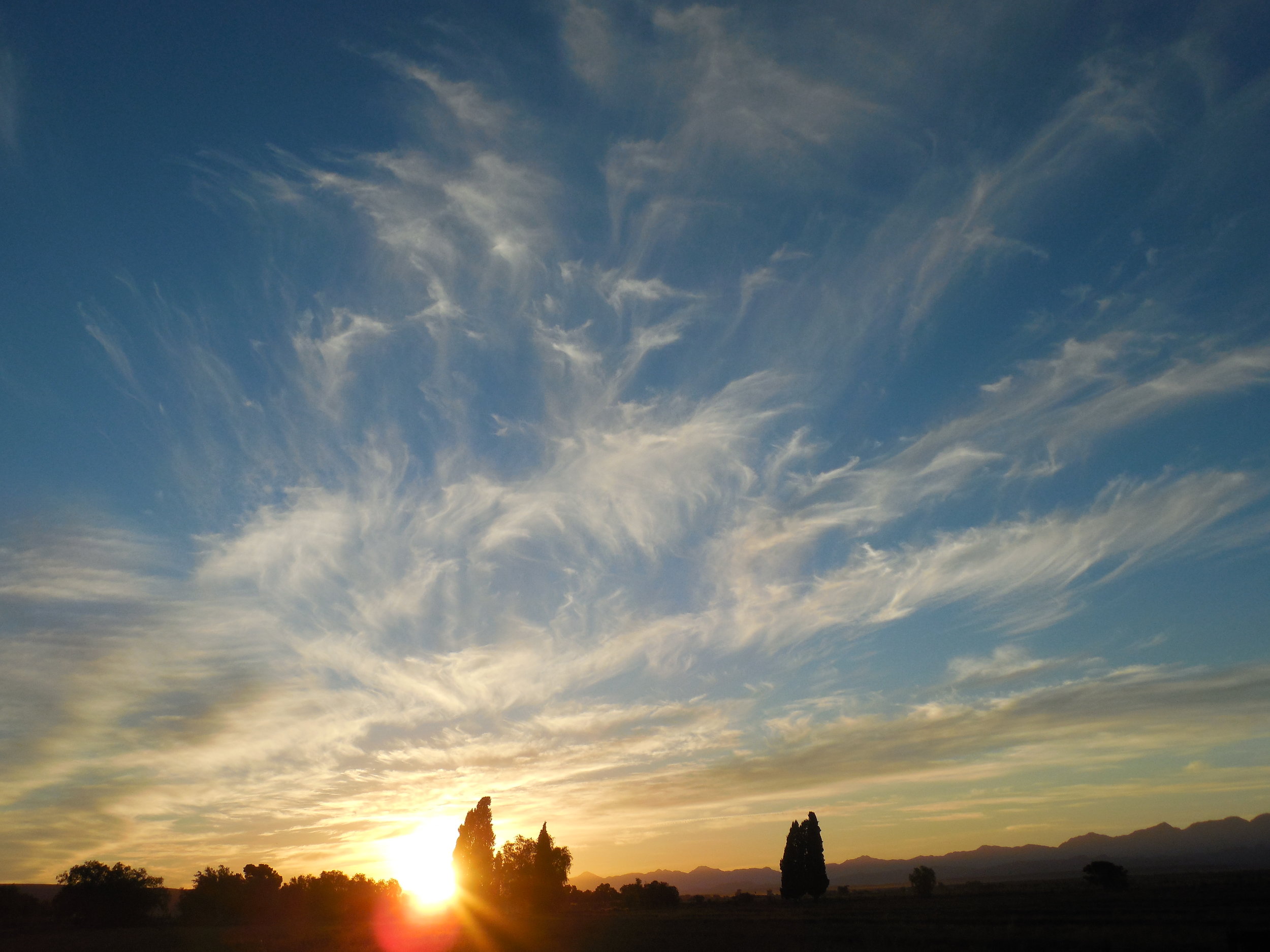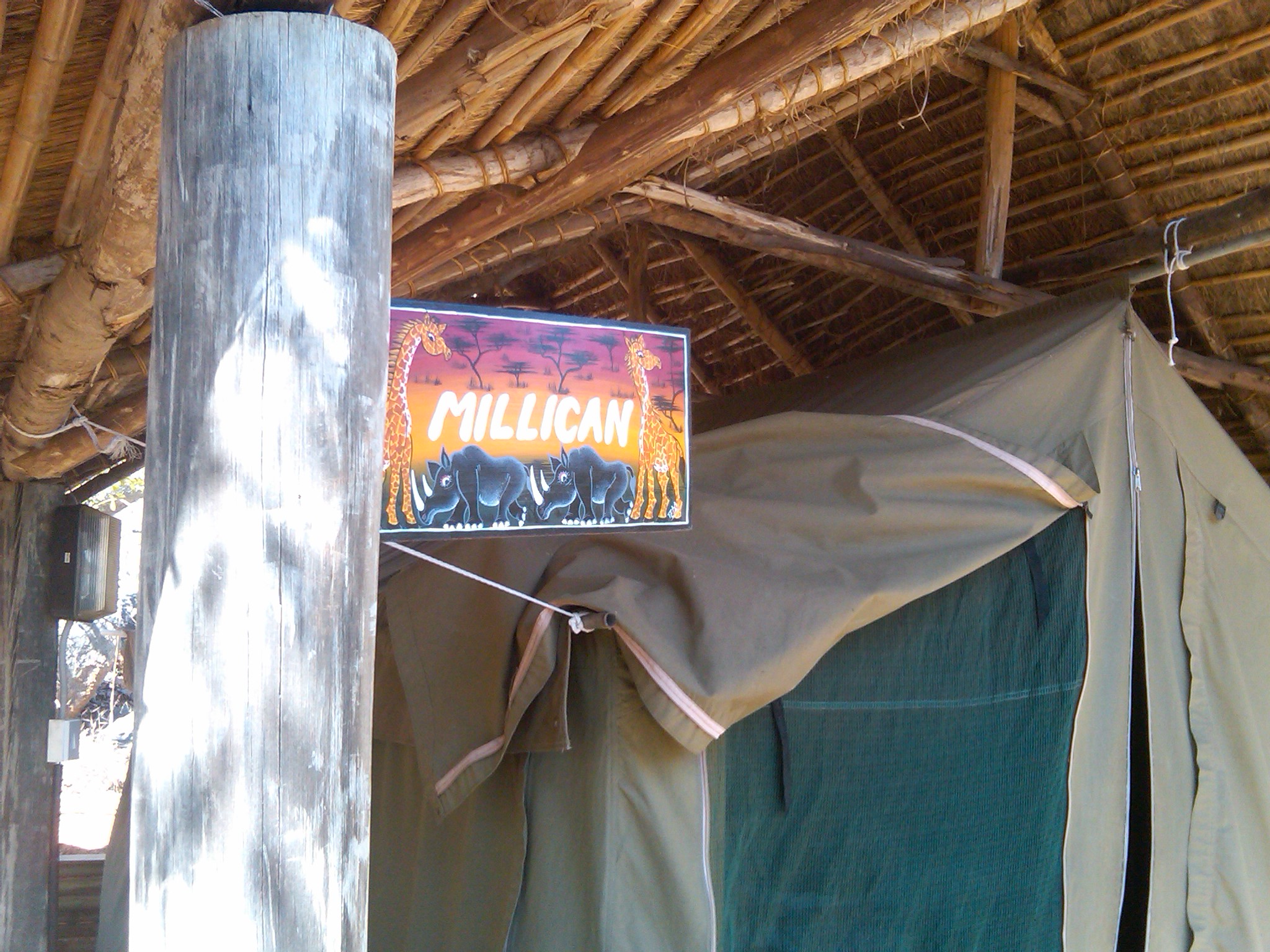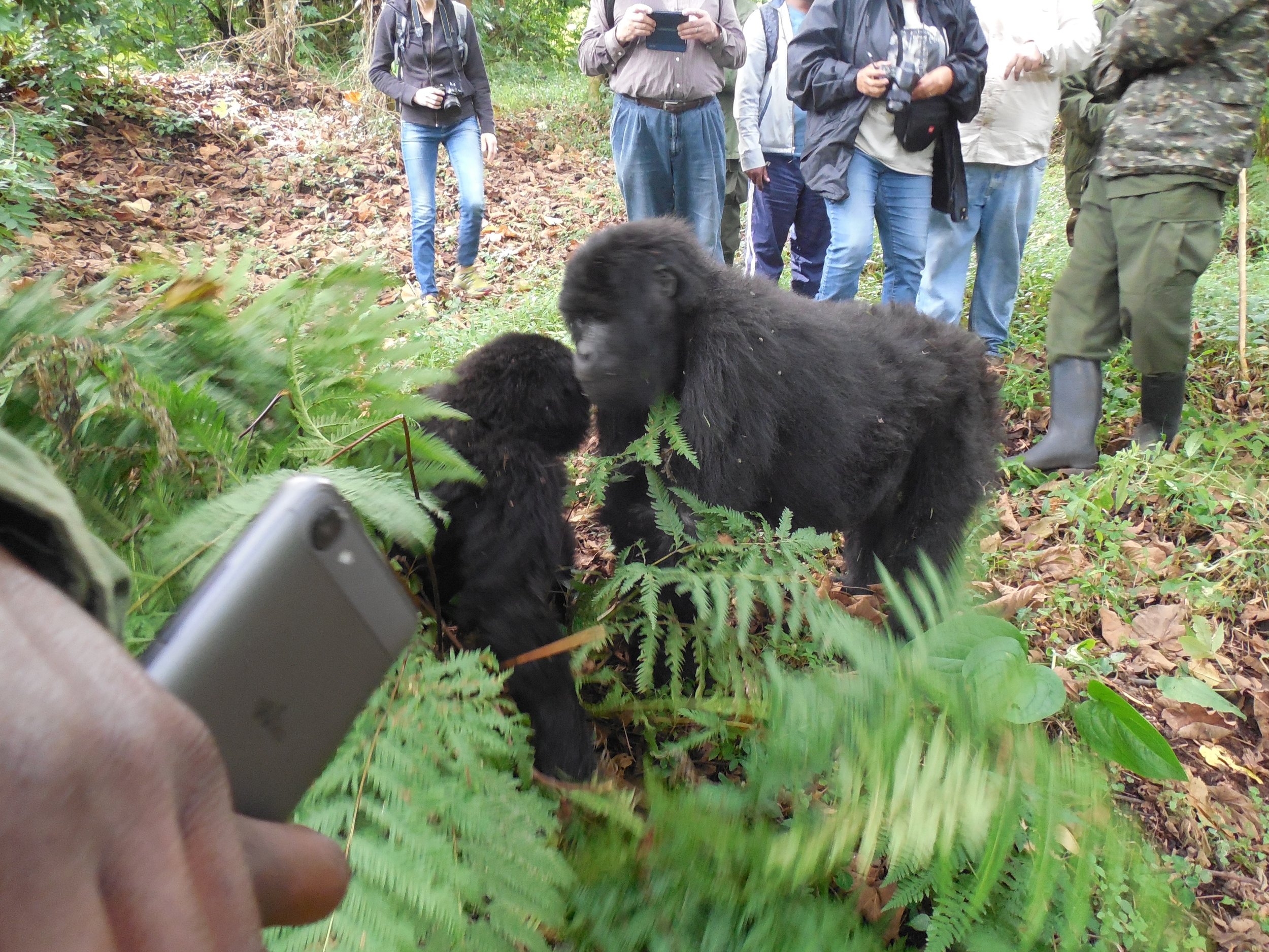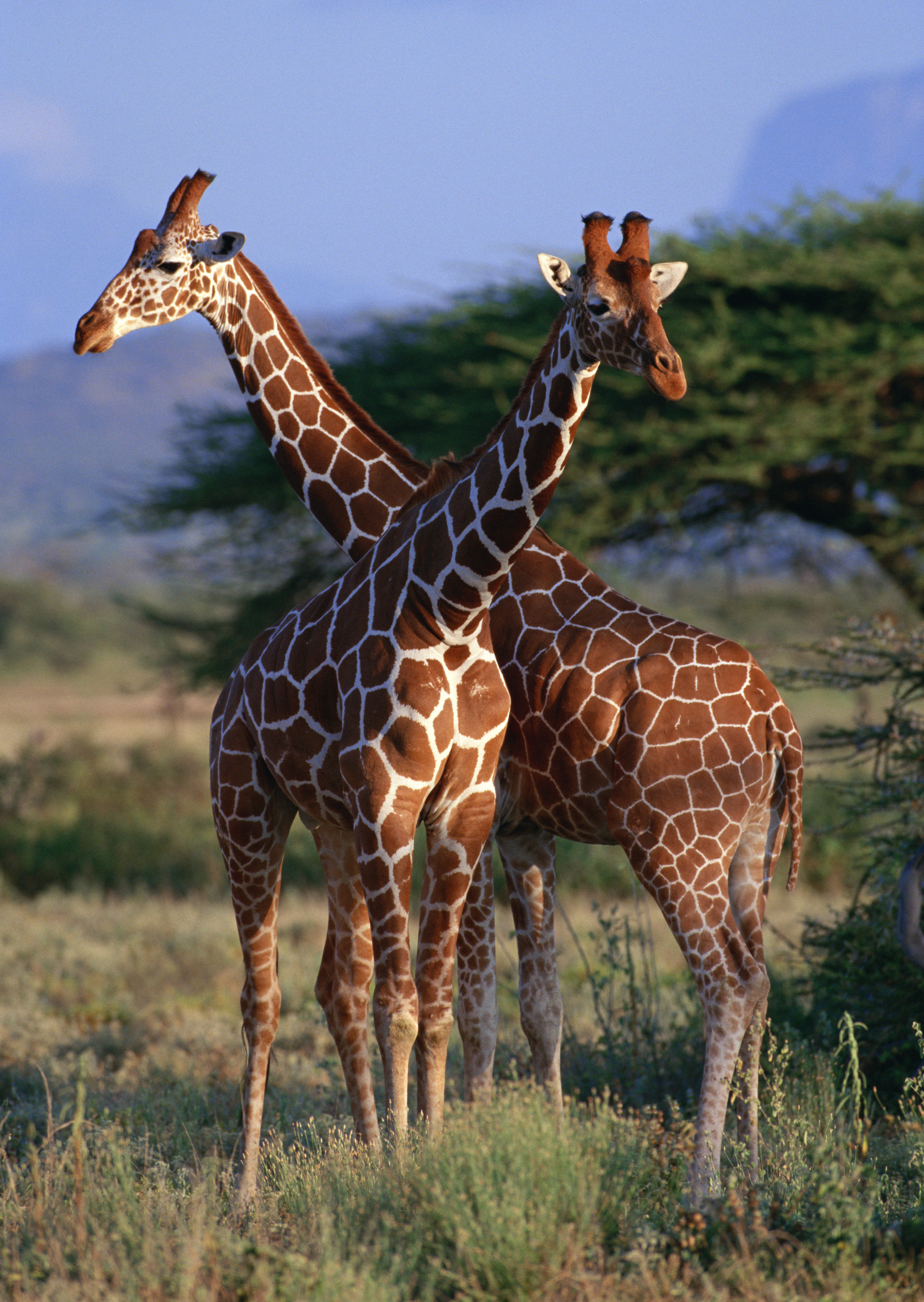7 Epic trips to take to celebrate military retirement
#WildlifeWednesday Conservation in the Time of Covid19!
Impala, Queen Elizabeth National Park, Uganda ©Flyga Twiga™ LLC
Michael English
Cape Town, South Africa
How does your Safari benefit Conservation?
The last few months have put all our travel plans on hold due to Covid-19. Many of us are dreaming about freedom and where we will travel next. While this Pandemic is happening, the future of Africa’s natural landscapes hangs in the balance. How does your next vacation impact on this? In short, tourism keeps the Rhinos and Elephants alive.
Swimming Elephants Queen Elizabeth National Park ©Flyga Twiga™ LLC
Funding for Conservation
Game Reserves rely heavily on Tourism and related donor funding to support Conservation efforts. Funds raised support the continued existence of some of the World’s most biodiverse landscapes. It is estimated that less than 4% of the world’s charitable donations are to Wildlife and Conservation causes. South Africa has some of the best-funded National Parks and Conservancies in Africa, but just 25% of the money comes from the government. The rest is garnered through conservation fees levied on Tourists visiting these wildlife regions. Going on Safari!
Ready for Business!
EcoTraining Vehicle, South Africa © Flyga Twiga™ LLC
Conservation as Business will be the future of travel
It is estimated that 8 million tourism-related jobs in Africa are at risk due to the global shutdown. All Lodges, Bed & Breakfasts, and Hotels near Game Reserves provide employment and socio-economic benefits to the local community. Thereby giving value to the protection of these habitats. Conservation-as-business is going to be a key component of Tourism going forward. Moving beyond mere job creation, responsible Operators and Eco-Tourism will form the bedrock of local communities.
An example of low impact high-value sustainable tourism saved a species is that of the Mountain Gorillas. Here initially the Lodges were less concerned about being sustainable. However, their very presence meant that the Gorillas had economic value to the local community beyond that of bushmeat and muti. A greater goal was achieved, that of preserving an Ecosystem and saving a highly endangered Species that many agree without tourism would only exist in a zoo today.
Alpha Male Nyakagezi Group Mgahinga Gorilla National Park ©Flyga Twiga™ LLC
Conservation in the time of Covid-19
An effect of Covid-19 has been to bring these revenue streams to halt as Tourists can no longer travel. One of the greatest fears of Conservationists during the Covid-19 pandemic is that due to a lack of income for local communities, the animals and land will be viewed as a resource for the taking. Wildlife will be more valuable to them as bushmeat, or in trafficked parts.
The land better turned over to slash and burn agriculture. Human-wildlife conflict is already on the increase with a marked increase in reports of poaching incidents throughout Africa. We need to continue to show the local people the benefits of these regions.
Supporting Local Communities!
Maasai Village Amboseli National Park, Kenya © Flyga Twiga™ LLC
How you can support Conservation efforts
The best way to support conservation will be to travel once you can after Covid-19. Yet the reality is that we do not know how long we will have to wait to do so. The opportunity now is to use this time to dream and plan. Please click here if you would like to schedule a free, two-hour planning session. We will answer questions and help you plan your dream Safari. Our in-country Partners continually contact us & your interest would be a huge moral booster to the local communities. And, in turn, you will be helping and becoming a part of Sustainable Tourism and Wildlife Conservation.
Happy Day! Safe Safari!
We will be back!
Wildebeest Amboseli National Park, Kenya © Flyga Twiga™ LLC
Happy World Giraffe Day! The Vanishing Giraffe
Scarred Giraffe Uganda ©Flyga Twiga™ LLC Note: The Scar is most likely from fighting another Giraffe.
Michael English
Cape Town, South Africa
The name Flyga Twiga is a combination of Swedish (Flyga) = Flying and Swahili (Twiga) = Giraffe. Giraffes are one of Amy Millican's favourite animals, inspiring her to name her company after them. Giraffes are one of the iconic Megafauna of Africa that many travellers look forward to seeing on Safari.
Giraffe Tower Uganda ©Flyga Twiga™ LLC A group of Giraffe is appropriately called a Tower.
Conservation Status of Giraffe
Giraffes are often overlooked from a Wildlife Conservation point of view. Therefore, it came as a shock to many when they were moved to the “Vulnerable Classification” on the International Union for Conservation of Nature’s (IUCN) Red List in 2016.
There are currently 9 sub-species of Giraffes recognised. Many of the sub-species such as the Kordofan and Nubian Giraffes are listed as “Critically Endangered” on the IUCN Red List. Even the Masai Giraffes, that many will be familiar with from their East Africa Safari, was listed as endangered in 2019.
Why did this happen so suddenly? It has not been that sudden. Giraffe numbers have declined by 40% in the last three decades alone. It is estimated that there are only about 68,000 mature individuals of breeding age left.
Giraffes Uganda ©Flyga Twiga™ LLC
Threats Facing Giraffe
The plight facing the Giraffe is the same that faces all our Wildlife and Ecosystems. They have been somewhat overlooked as the plight of Lion, Elephant, and Rhino made the headlines.
Now, people are starting to realise the Giraffe are also vanishing. More projects and studies are being conducted to understand the best way to help conserve the tallest land mammal. Following are some of the major threats facing these beautiful creatures.
Habitat Loss
The greatest threat facing Giraffe is that of habitat loss. One of the major contributors to this is the charcoal industry. Charcoal is the main source of fuel for Local Communities throughout their range. This leads to trees being cut down which are the Giraffe’s food source.
The situation is exacerbated by variations in weather. Droughts and unpredictable Rainy Seasons are impacting the growth of the specific trees that giraffes feed on, such as the Giraffe’s favourite, the Acacia Tree.
Fragmented Populations
Giraffes, along with most Wildlife, have been forced into living in “Protected Areas”, which are small pockets spread out from each other. This means that the Giraffes are confined and can only mate within a small Genetic Pool. This makes the species weaker and more vulnerable to disease.
Poaching
Giraffes are poached not only for their meat to feed local communities, but also for their use in traditional African medicine. Sadly, their tails are also popular in Western Africa as a good luck charm.
Giraffe Kenya ©Flyga Twiga™ LLC
How can you help?
There are many ways you can help, even from home.
Share
Talk with others about the challenges facing Giraffes. Sharing this important information will help enlighten others about the Vanishing Giraffe.
Research
Many conservation groups, such as the Wildlife Conservation Society, have a wealth of information. Your knowledge, combined with sharing, can be a powerful force in helping save the Giraffes.
Go on Safari!
Giraffes, as with all African Wildlife, have great value to local communities through Safaris. Your Safari is part of Wildlife Conservation. In addition to seeing these “Beauty Queens of the Bushveld” in person, your Safari will help protect their future and future generations.
Now is the time to Share, Research, and plan your African Safari and help save the majestic Vanishing Giraffes!
Giraffe Among Acacia Queen Elizabeth National Park Uganda ©Flyga Twiga™ LLC
Thank you Military Spouse Magazine for naming Flyga Twiga™ one of the top "21 Businesses We Love"!
Happy March! An Amazing Shout-Out in March 2019 Military Spouse Magazine by Communikait - Thank You!
#TravelTuesday Excited to be Invited Back as a Fully Hosted Buyer to World Travel Market Africa – 2019!
WTM Africa 2018 © Flyga Twiga LLC
World Travel Market Africa 2019
It is an honor for Flyga Twiga™ LLC to be invited for the 3rd consecutive year as a Fully Hosted Buyer to World Travel Market Africa (WTMA). Once again hosted by the City of Cape Town, South Africa, WTMA 2019 will bring together nearly 5,000 travel industry professionals, focusing on Africa and Middle East North Africa (MENA) Travel.
The World Travel Market will take place from Wednesday, April 10th through Friday, April 12th at the Cape Town International Convention Centre. WTMA offers Flyga Twiga™ an opportunity to meet in-person with In-Country Partners, Safari Lodges & Reserves, as well as the chance to take Familiarization (Fam) Trips to new and existing properties and ventures.
Thank you WTMA & Looking Forward To Seeing Old and Meeting New Africa Friends & Travel Colleagues in April!
Flyga Twiga Logo © Flyga Twiga LLC
Travel Industry and Taxes
Gorilla Mgahinga Gorilla National Park Uganda © Flyga Twiga LLC
Living in Seoul, South Korea, I love spending time walking along the Han River and listening to podcasts. One of the podcasts I enjoy is Alexa Meisler's "Break into Travel Writing" podcast.
One day, about three years ago, I was listening to Episode 82 with Amy Northard, linked here. OH MY GOSH! This show saved my company!
Well, at the very least, the episode, “Bookkeeping for Travel Bloggers with Amy Northard” saved me from a heap of heartache with the United States Internal Revenue Service (IRS).
My husband and I have, for well over a decade, had a brilliant accountant in Virginia who does our taxes. I had really great coaches and business advisers at the Alexandria Small Business Development Center. I even had an attorney, whose specialty is the travel industry, draw-up my legal agreements.
But…I didn’t realize, until listening to this episode, that I had to report to the IRS any and ALL “freebies” I was given for my business. In particular to my company, the travel and tours to Kenya, Uganda, and South Africa as a Fully Hosted International Buyer and the Travel Show Booths I ran on behalf of the Kenyan Embassy in Seoul. All expenses and costs paid for by Tourism Boards or Exhibition Companies are INCOME! That’s right, taxable income.
So, while I love my business and wouldn’t trade the lifestyle it offers for the world, my Familiarization (Fam) Trips are work and they are taxable. But, we won’t tell the Gorillas in Uganda. They think I was there simply for pleasure and to visit their remote jungle. They don’t need to know about the IRS. ;-)
Disclaimer: I am not a financial or legal professional and the above blog is from personal experience and you should seek out a Certified Public Accountant or Legal Professional for your own business.
Where I might be permanently living had I not listened to this podcast….
Tented Banda Swahili Language School Arusha, Tanzania © Flyga Twiga LLC
I was invited to join the social media platform AMAfeed & I'm really loving it!
I held my first "event" - an Ask Me Anything about Safaris and Travel to Africa. It is so much fun.
Part of my takeaway from this platform is using search engines to answer questions is great - but you have to know what to search for. AMAfeed, in my experience with my first event, helps direct further research. Especially for Safaris and Travel to Africa, there are rarely "yes" or "no" set answers. Furthermore, how on Earth do you know the links you are following are real or have any expert, honest advice?
With AMAfeed #SafariAMA it is MY reputation on the line. AMAfeed allows a really good balance of letting me promote my business and work, while offering information people want/need.
The reason for the picture above? I received a lot of questions about Gorilla Trekking and how close you can get to the Gorillas. This was taken last year Mgahinga Gorilla National Park on my Gorilla Trek. Truly an amazing experience which I am so glad to share with the AMAfeed Community.
Happy Day! Safe Safari!
Travel Medicine
Malerone™ © Flyga Twiga LLC
It is really important when planning an African Safari to prepare in advance for the vaccinations you will need. Many shots require a series, some as long as intervals of six months.
One of the issues to arise last summer in the greater Washington, DC area was a shortage of Yellow Fever Vaccine. While DC is unique, with a great deal of travelers going to and fro Africa, there is no guarantee your local medical provider will have a ready supply of the vaccine on hand.
Yellow Fever shot should be taken no less than 14 days before travel. And while many Customs Agents in East Africa have gotten slack about checking for the inoculation, you better believe when an outbreak occurs, they check. You do not want to end up in quarantine instead of being on Safari and taking pictures of the magnificent wildlife.
Anti-malarials are another aspect of travel medicine that has to be addressed before travel. Malerone™, the latest, greatest anti-malarial, must be started two days in advance of travel into a malaria zone.
In addition to vaccines and medicines, you also want to seek out the advice of a good travel doctor if you have any pre-existing conditions. And here I would seriously address if there are any food allergies or conditions.
While Kenya and Uganda in particular have exceptional hospitality industries, you need to prepare and plan ahead for such conditions as nut allergies or gluten intolerance. The more you plan, with your travel doctor and your Safari planner, the more enjoyable and safe your Safari will be.
I also highly recommend you seek the advice of your Organic Pharmacist (Herbalist). They should be able to direct you to the highest quality probiotics. I cannot emphasize enough how important it is before traveling to Africa to begin a good, healthy probiotic regime.
Especially if this is your first trip to Africa, your body will be introduced to organism’s your body may never have come encounter with. One of my assistants in South Sudan asked me “why do Expats seem to get so sick?” I pointed out that we had not grown-up in Africa and that there were bacteria and other organisms to which our bodies had not been accustomed, and therefore, had not yet developed the anti-bodies to fight them off. To be fair, I pointed out the same would be true if she came to the United States and was exposed to new bacteria.
Lastly, I want to note that while you must decide what is best for you and your family, it is your top priority and personal responsibility to stay healthy. So, for example, if you are “anti-vax” and decide to go ahead and try and “sneak in” a country without a Yellow Fever inoculation, you are free to do so.
But, please be aware, all Travel Insurance Companies, will not honor or refund your money if you are denied entry into a country because of the lack of inoculation. Again, you must make your own decisions about your health, but you must also be aware of the consequences of making those decisions.
Plan, prepare and engage in determining the best course to make sure you have a “Happy Day! Safe Safari!”
Content copyright 2016. Flyga Twiga LLC. All rights reserved.
When Companies Become Too Large
Etihad Airlines Office Seoul 2016 © Flyga Twiga LLC
I actually had an entirely different blog post planned for this #TravelTuesday . I promise two things. First, this won’t turn into a total whine fest. Second, it will end on a happy note.
In the past seven days I have had 2 large companies, with whom I have had long standing relationships, let me down. The first was a clothing company for whom I have been a “Pro Guide” for three years. The other is an airline to whom I have been exceptionally loyal for nearly a decade.
While the details are different, each instance of customer dissatisfaction was precipitated by the low level Customer Service Employee, with whom I dealt, not being able to go “off script.” In both situations, a loyal customer has been lost due to their inability to deal with serious issues arising their overly large, bloated companies due not equip them to handle.
And, while I have no proof of this, I have a hint that in each circumstance the employee was afraid of the giant corporation for whom they worked. They appeared to me less afraid of losing a customer, than they were about being perceived as unable to do their jobs, by “kicking it up" the pipeline. At a certain point both of these companies have fostered a “that’s not in my paygrade” institutional thinking.
On the upside, it proves there is a place in the world for more intimate businesses. These experiences reinforced my commitment to such clothing/gear companies as a ONE WAY™ in Kenya and Kathmandu™ in New Zealand. And, the experiences offer validation for my bespoke, personal Safari service.
As for the airline, I was able to receive excellent customer service from Etihad Airlines™. I was forced out of my comfort zone - maybe even what could be described as an “airline rut.” Additionally, I may have found an even better airline to service my clients.
No one wants bad experiences. But in business, there is always something to learn from them. I plan to take these experiences and make sure they reinforce how valuable not only my client relationships are, but also my B2B relationships as well. At the end of the day, we all want the same thing out of all our relationships – to be treated with respect and fairness. That’s exactly what I intend to continue providing in my business relationships.
Happy Travel Tuesday!
Content copyright 2016. Flyga Twiga LLC. All rights reserved.
Honored to be Kenya Embassy Seoul’s Exclusive Partner for KINTEX’s KITS 2016. Click below for News Release!
Thank you to everyone who visited us at KOTFA! I'm excited to share our new logo! Thank you Jun Bum Park 박준범 !
Are you a curious little monkey? Click below for my FAQs!
Every day should be lion day! Happy #WorldLionDay
It has been a great first year with my Kenya in-country Partners, Airports & Beyond Tours LTD
Photo Credit: Twiga_NairobiNationalPark©CharlesMuindiAirports&BeyondTours
Beyond honored to be accepted as a member of The Explorers Club! WOW! One of the nicest birthday presents - EVER!!!
Some of why I do what I do - one of my childhood favorites! @RangerRickMag
I simply loved my Ranger Rick magazines as a child. I (briefly) contemplated being a US Parks Service Ranger when taking Forestry in High School. (And, probably would have been the ONLY USPS Ranger who was a former "Forest Festival Queen"!!!) While that career path really wasn't for me - my passion for wildlife (& esp my precious Rhinos!) was fueled at an early age thanks to Ranger Rick. Note the sticker is from 1972 - Happy Throw Back Thursday!
@africatravelata Really excited about my Africa Travel Association Membership! #EastAfrica #Safari
Zebra at Sunset, Amboseli National Park, Kenya 2014 © Flyga Twiga LLC
With nearly 2,000 pictures from my last trip to Kenya, I am working on, what I hope is a special, slideshow!
Acacia Tree Kenya 2014 ©Flyga Twiga LLC



